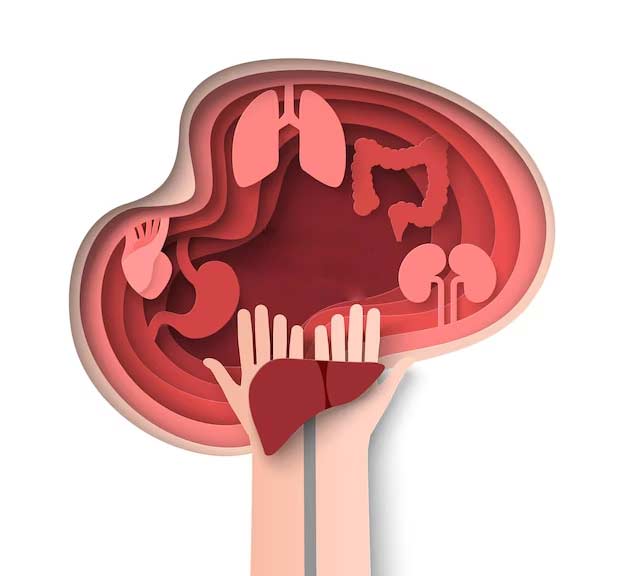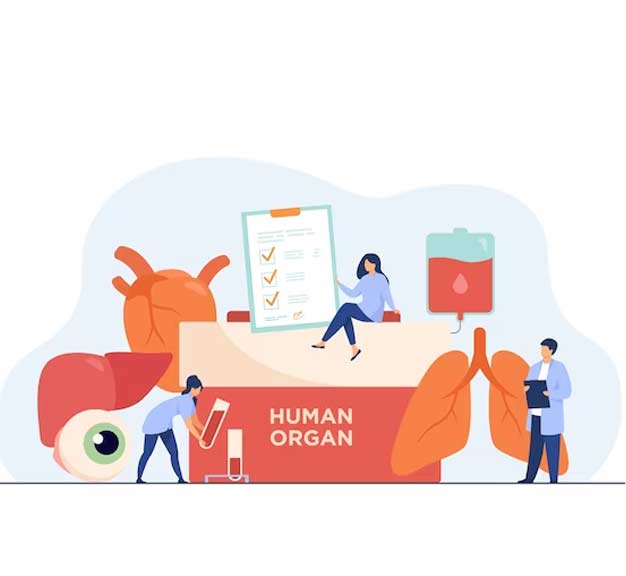Why do hospitals in India need an accurate technological framework for organ transplant management?
In India, the organ donation rate is only 0.34 per million population (PMP) as compared to 36 PMP in Spain. On the background of increasing organ demand, there lies an enigmatic challenge that is not yet completely addressed by the majority of hospitals. There is no guideline for the identification of potential donors and management of organ recipients in India. And if this was not complicated enough, many organ trafficking occurrences continue to rise from a lack of management and error-prone registration.
To counter the challenge of organ trafficking

Every year, about 2 lakh Indians require a new kidney, and about 1 lakh require a new liver. More than 2,000 patients in Mumbai are awaiting a cadaver donation. Between 3,500 and 4,000 organ transplant procedures are performed in the nation each year, a tiny portion of which involve cadaver transplants (India does not have a national registry recording this information yet.)
To minimize the Patient Burden

Hospitals in a populated country like India are overflowing with lines of patients. In many cases, patients are not even attended to properly and they had to move to another hospital. In such a scenario, the organ transplant workload is beyond imagination.
To reduce dependence on Manual Work

We live in a country where people use digital transactions to buy vegetables. But when it comes to critical health aspects such as organ transplant management, things are done manually. In most hospitals, including government, semi-government and private, organ donor identification as well as that of the recipient is recorded using manual modes.
DNA matching, disease identifications, lab tests, and even blood groups are mostly contained in hard copies. While this seems to be okay for a reason, certain errors may arise from doing things manually. This may lead to blunders we cannot even imagine. Also, humans are bound to make mistakes. But in the case of organ transplants, a single mistake can lead to drastic results. Hence, the risk is higher.
To overcome the inability to adapt to technology
- Using quality assessment tools
- Risk stratification and digital registration of the donor
- Installing quick recognization and donor registration devices
- Quality control of operations using digital solutions
- Coordination and compliance with authoritative organ transplantation bodies in India
The Future can be BRIGHT
While it seems like a digital organ transplant management solution is very new to all of us, this is not true. Companies like RS Barcoders Pvt Ltd have already addressed the issues, worked on it to provide a solution, and are working ahead to refine it day by day.
India is progressing on various technological forefronts. In fact, the healthcare sector is also being improvised. But the organ transplant sector is still, somewhat lagging behind.
And if they do realize it, they need to act on implementation as soon as possible. RS Barcoders Pvt Ltd. is providing a revolutionary system that addresses all organ transplant management issues. It offers accurate donor recognization and correct rectification with impeccable speed. Such solutions need to be adopted by every healthcare entity in the country. It can literally make our future Bright.

